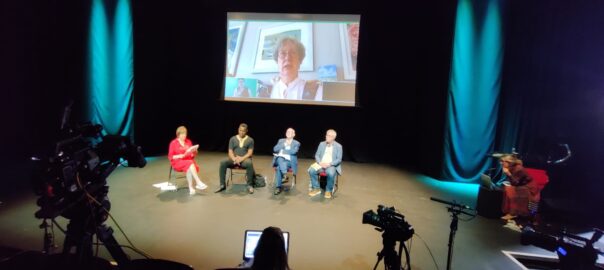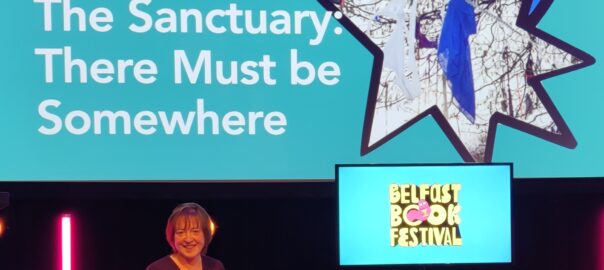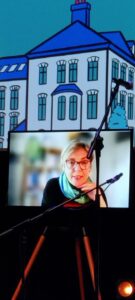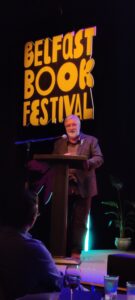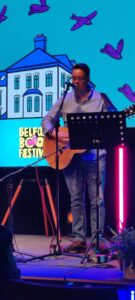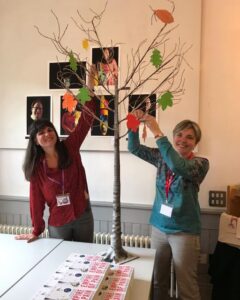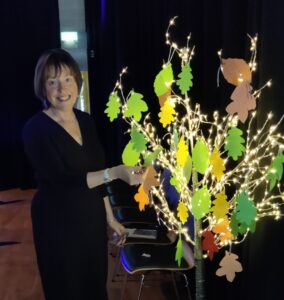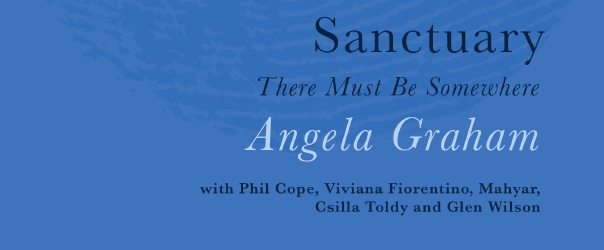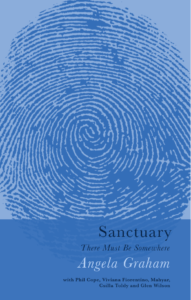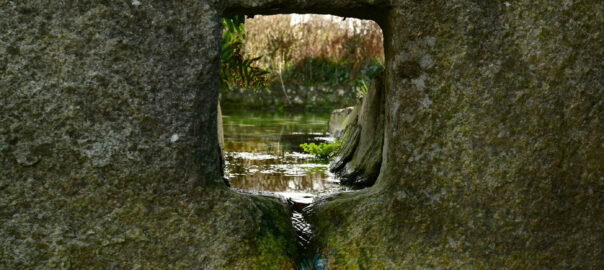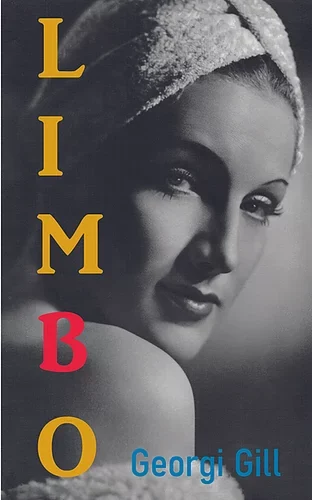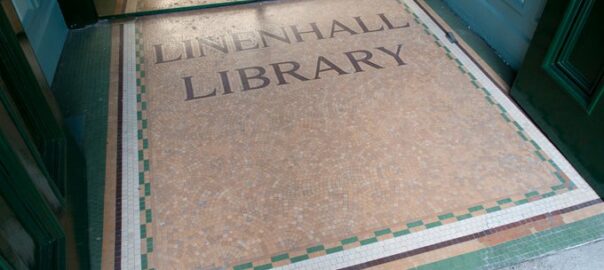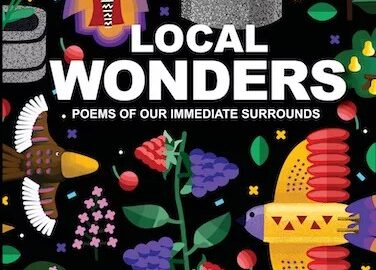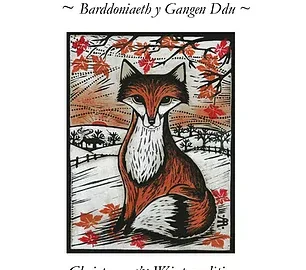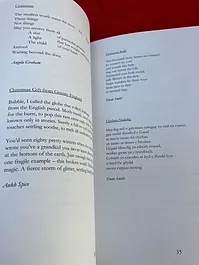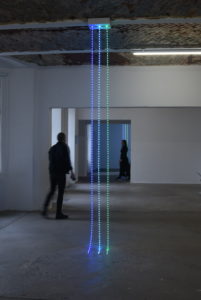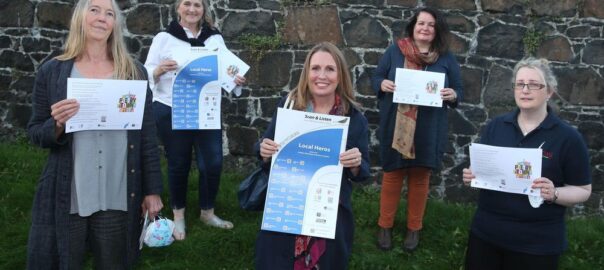The pedigree of Dedalus Press is enviable. Founded in 1985, it is one of the leading publishers of poetry in Ireland. Its editor, Pat Boran has selected the contents of this new anthology.
Dedalus invited poets to contribute to
a poetry map of the island of Ireland, south and north, a map like no other.
‘We want to recognise and celebrate the power of poetry to guide, to heal, to console and to reassure, to offer a necessary glimpse of otherness and elsewhere in troubling times such as these.
‘By Local Wonders we mean the things, places and experiences (the smaller the better) that, over the past year or so … have kept us connected to and inspired by the world immediately around us… we’re interested in seeing the country on a truly local scale, as if through a zoomed-in lens, and in seeing that seeing happening. Which is not to say we want to retreat from the wider world or shut it out of our minds. On the contrary; as in ecology so too in poetry – think global, act local.’
I immediately wanted to offer a poem. Lockdown for me meant Ballycastle, County Antrim. My daily walk was the Carrickmore Road, behind my house. This little road skirts the last cliffs before the land gives way to the Sea of Moyle – very much a place on the edge of the island.
Just after lockdown ended I was walking there as usual when I had a kind of vision. I saw the cliffs and hedges and bushes as though in a new light. I saw, radiating from beneath – from within – the familiar scene a quality that must always have been present but not perceived by me. It was a gift.
I wondered if the sequestration of lockdown had rinsed my eyes of some customary film and allowed me new sight. Perhaps it was, as Dedalus says, ‘a necessary glimpse of otherness’ but, though I can see that element in the experience, it seemed rather that my surroundings were revealing, not so much otherness (stressing a gap between us) but rather something of their genuine nature alongside my own.
Perhaps, I had shed some preoccupations or been re-set, to some degree, by the pandemic circumstances and was more capable of ‘reading’ my surroundings as they really are.
DERRY LAUNCH: 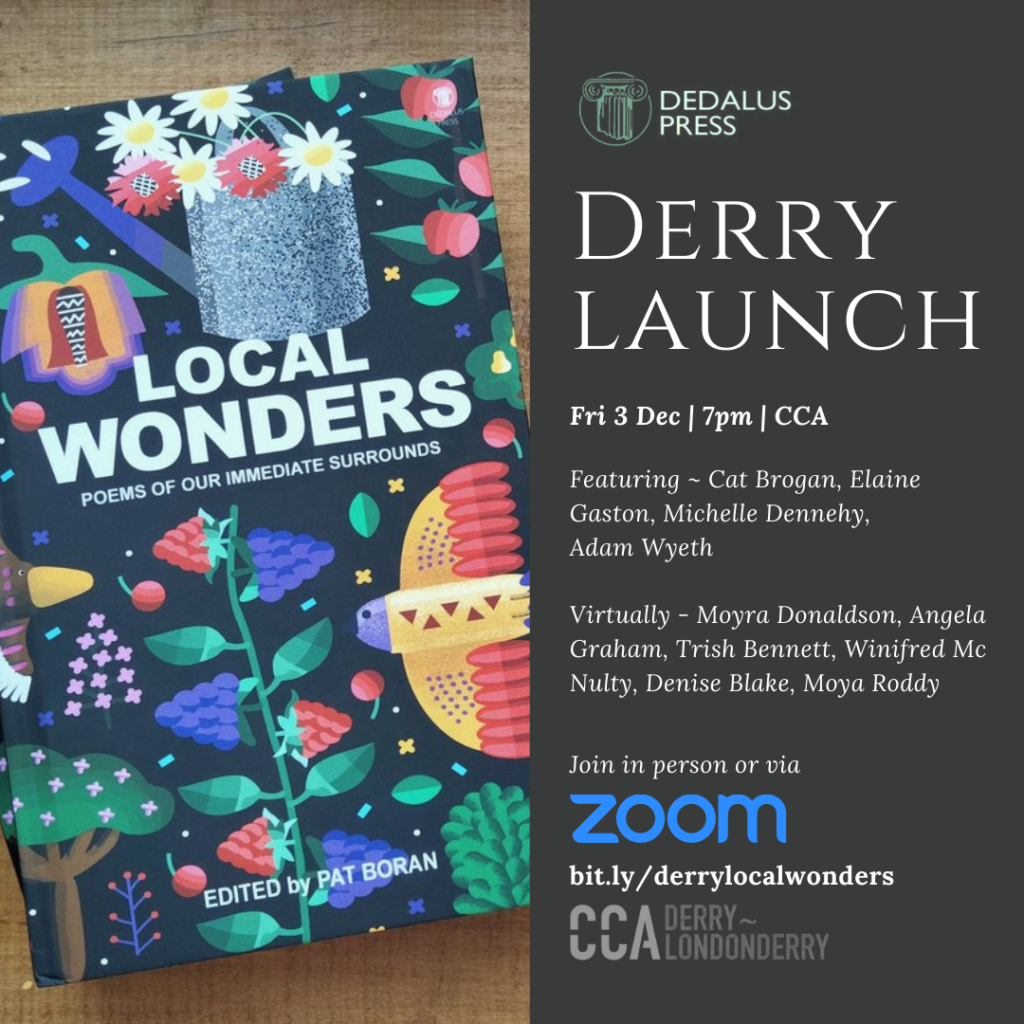
Poets featured in the anthology appeared either in person or virtually at the Centre for Contemporary Art in the heart of Derry city. Hosted by Cat Brogan
Little Acorns bookstore has the anthology available to buy. Online purchase via Local Wonders – Dedalus Press
Local Wonders can be ordered here
VISION, NORTH ANTRIM
The Carrickmore Road hems my parish of Culfeightrin
where its townlands − Broughanlea, Drumaroan, Tornabodagh, Tornaroan −
dip their skirts into the Sea of Moyle
(with a last flounce of grassy clefts, precarious caravans
and a beading of white houses)
before relinquishing themselves
to waves that take the colour of the sky, a jumbled grey.
Here all is profusely, wetly, Irishly grey or green;
even the light arrives through a dampened veil yet
pagoda roofs, crimson
− the hedges are full of them.
Each dangles a furl of imperial purple,
a firework spurting tiny comets
down to a mossy sky.
That veil’s dissolving. I see
sulphur-yellow sunbursts in the ditch;
hard globes of military red strung on the bushes
for a brash tattoo; cockades – vermilion –
tossed up among the brambles by a hidden crowd;
medals of cerise pinned to the ferny cliffs; corsages of
hot lavender, burnt orange, the colour lucifer…
Is it because I’ve reached this edge
that I have eyes at last to see
what has been burning always
within my coolest day?
After these months of paring down, let me keep
my vision stripped,
here where there is no further north.
